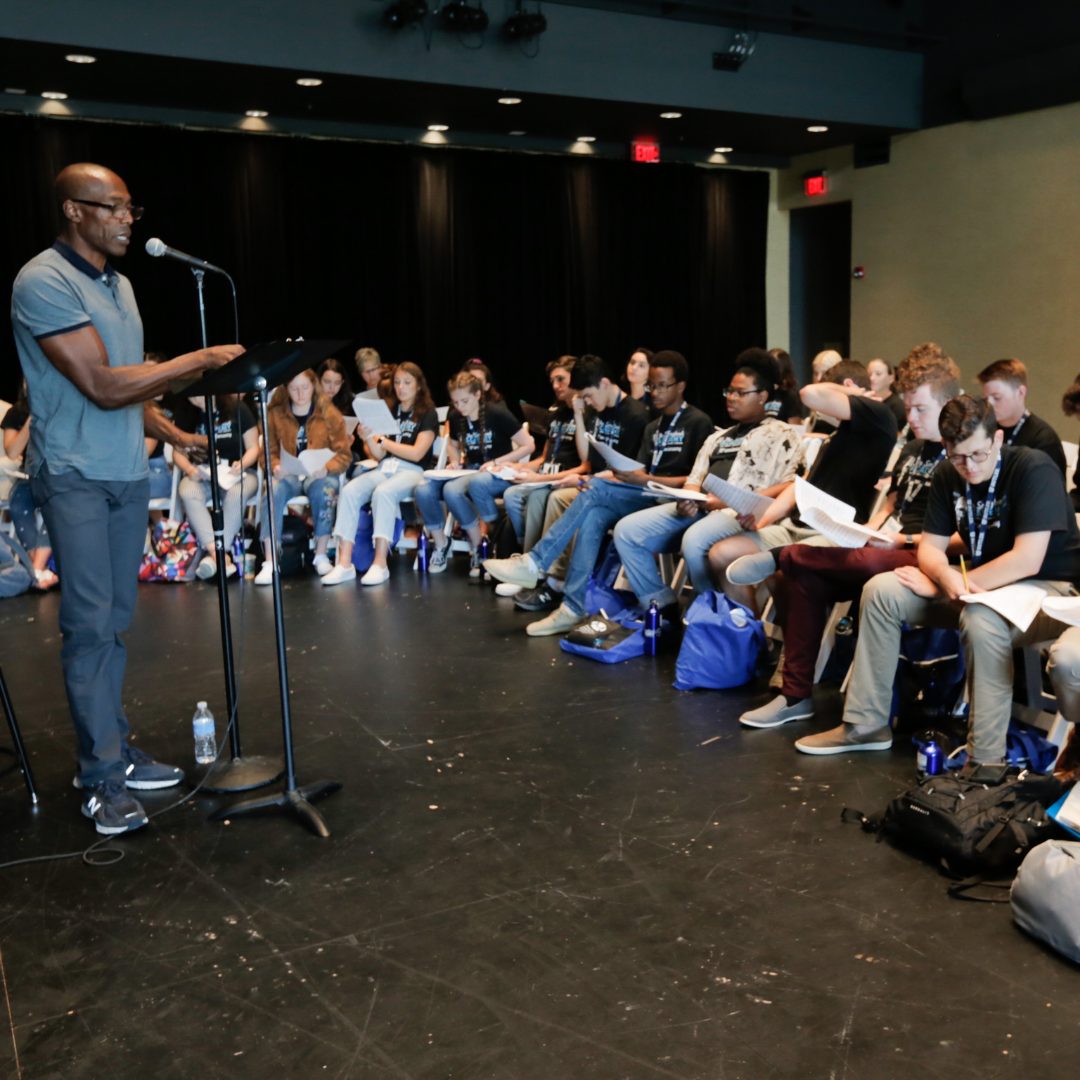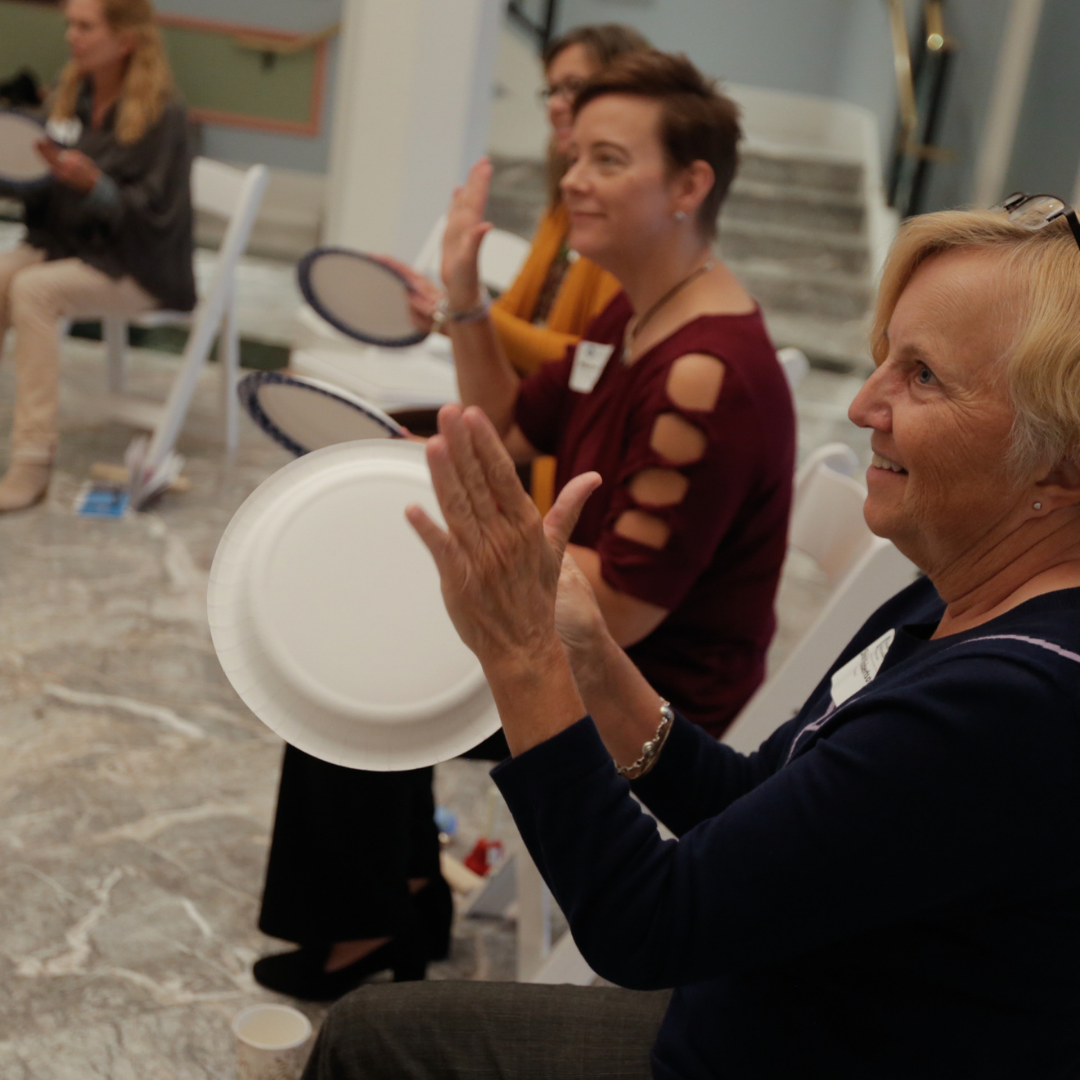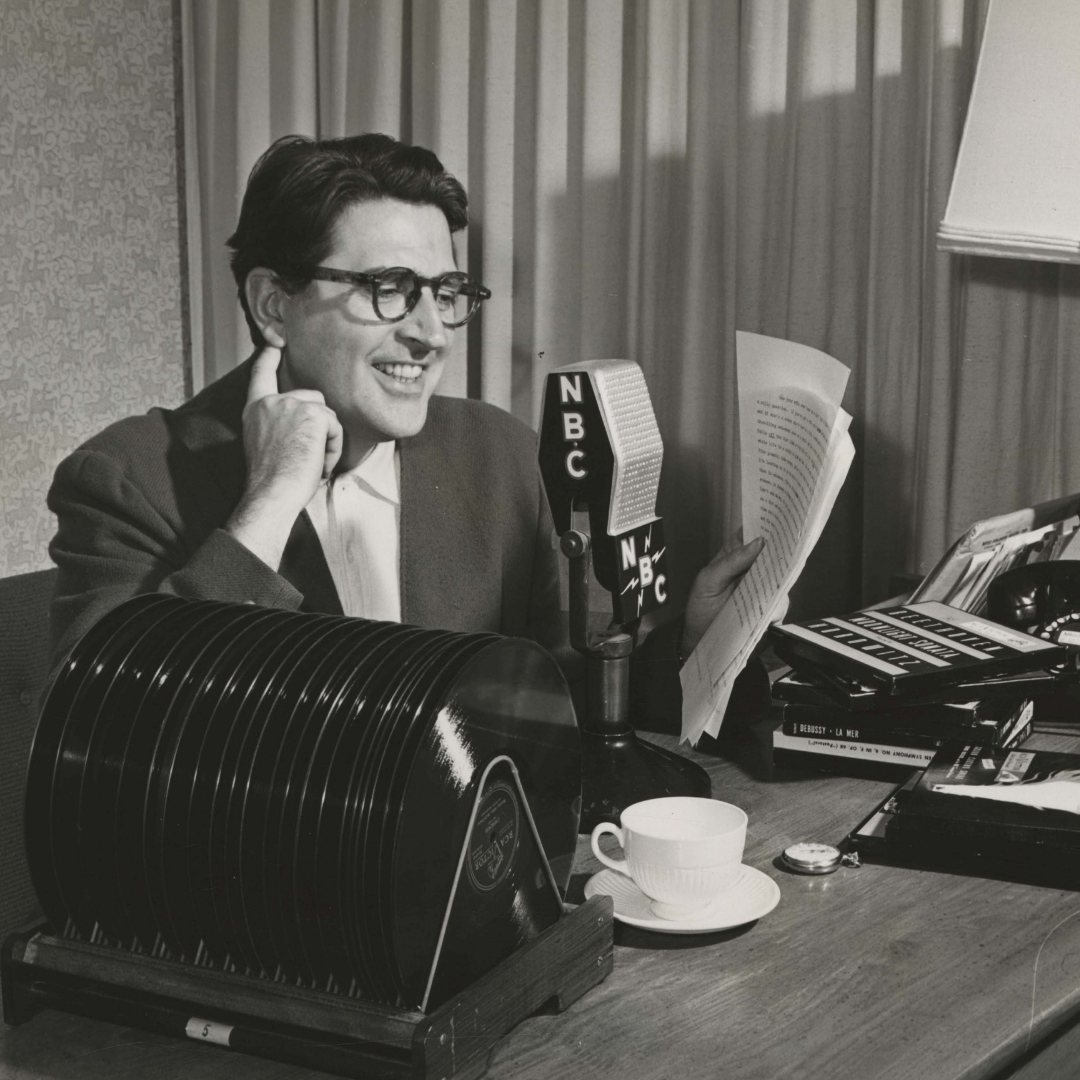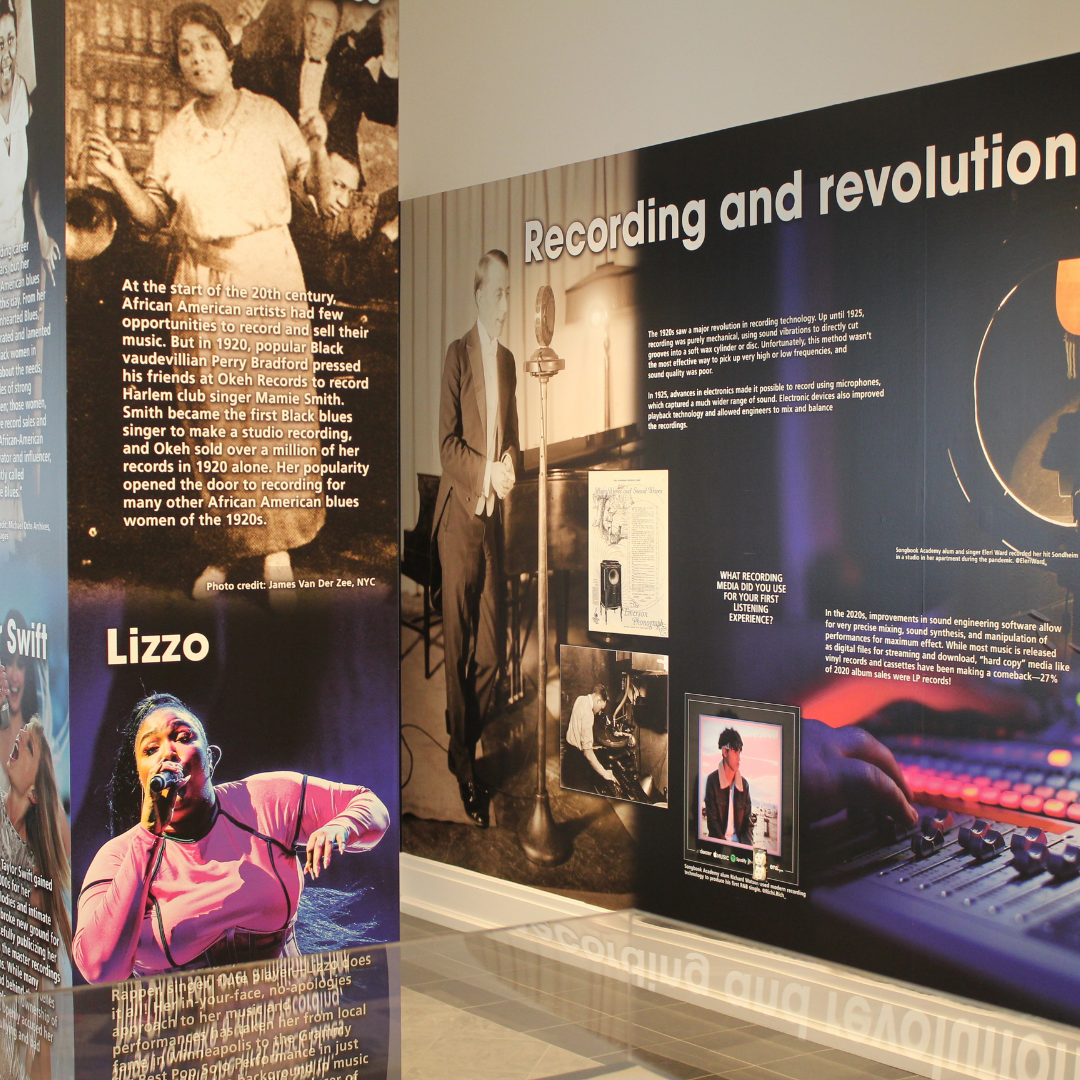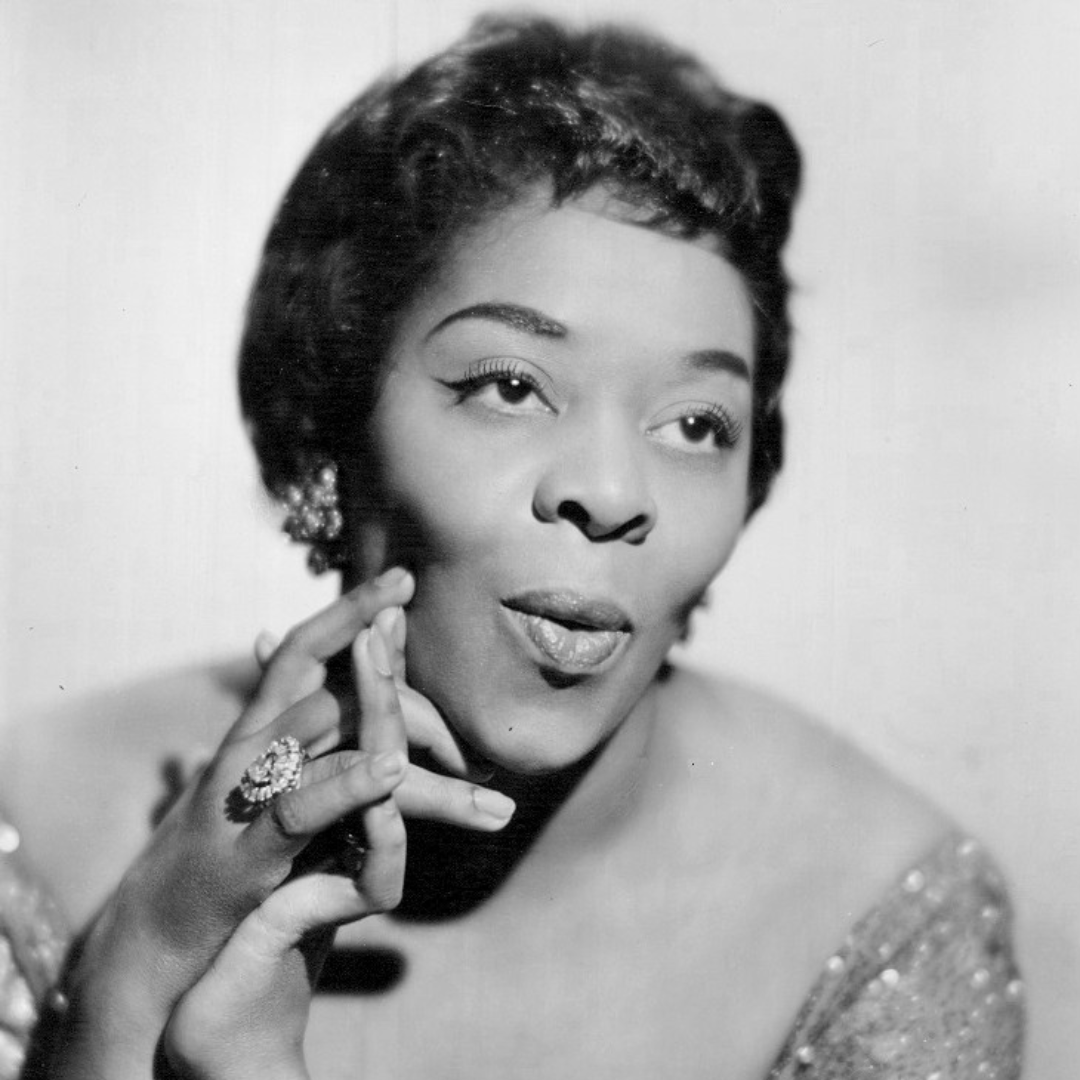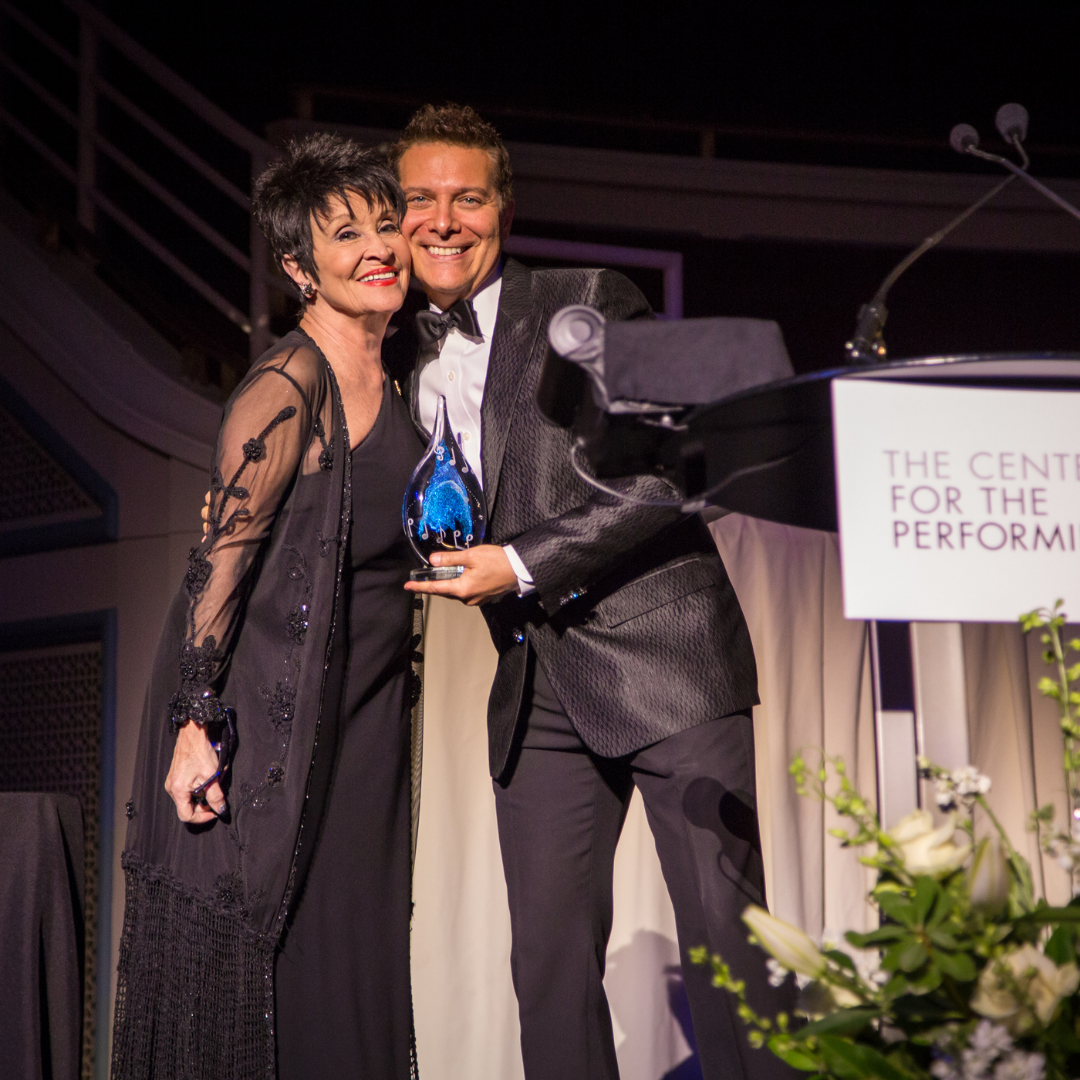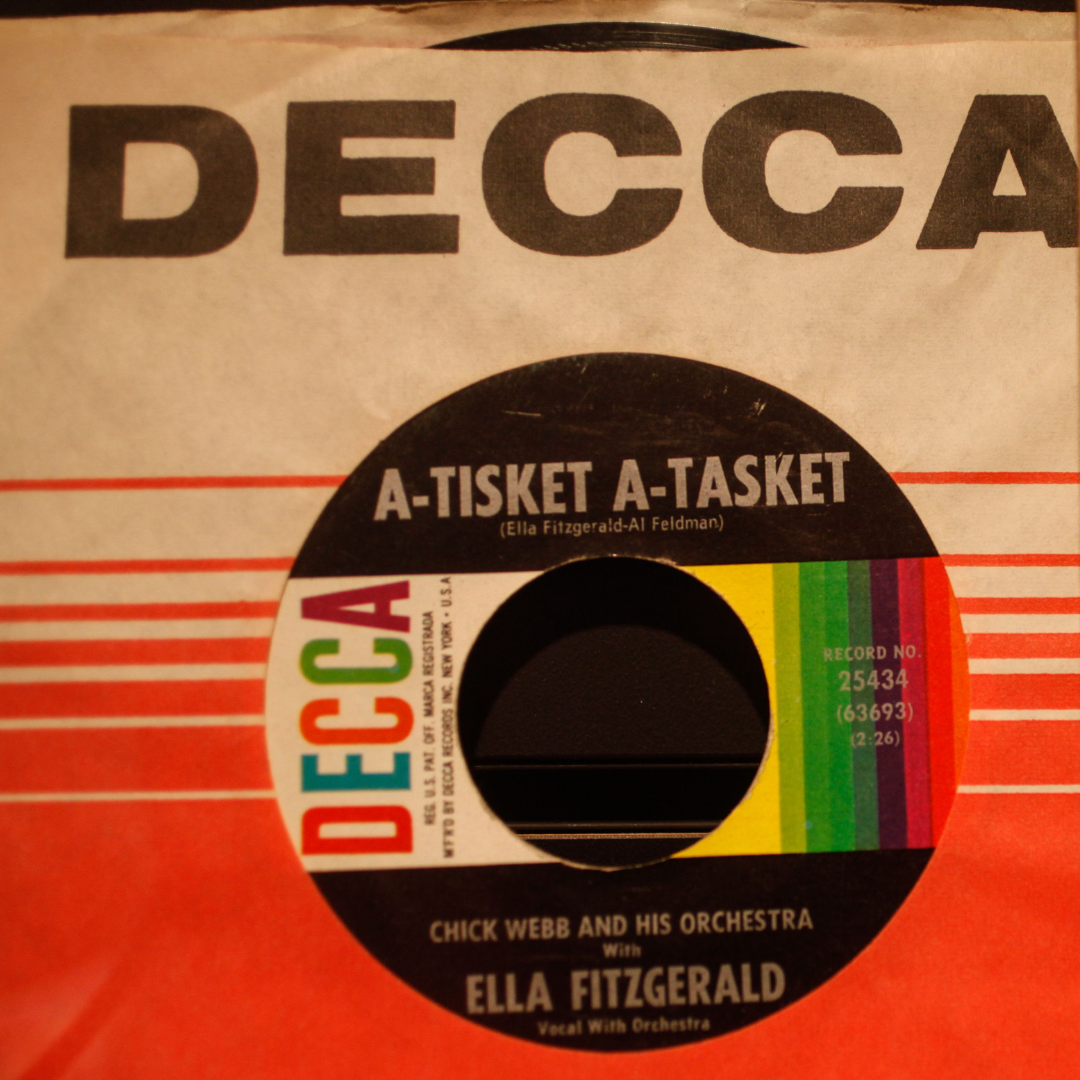I'll Write Jewish Songs
December 31, 2020
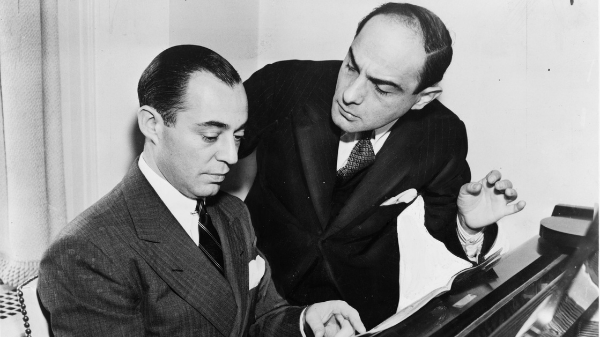
A Fine Romance: Jewish Songwriters, American Songs, 1910-1965
Featuring text from "A Fine Romance" traveling exhibit curated by David Lehman, and
developed by Nextbook Inc. and the American Library Association Public Programs Office
The children of immigrants were eager to assimilate and adopt secular ways. Cantors’ sons became songwriters (Irving Berlin, Harold Arlen) or performers (Al Jolson). They tended not to be observant of Jewish law and doctrine. Several married outside the faith. But they put the spirit of their Judaism into their creative work, as if the theater were a temple in modern disguise.
"I'll Take Manhattan," 1929 song from Rodgers and Hart's "Manhattan"
An anecdote in Richard Rodgers’ autobiography illustrates the Jewish character of American popular song and how it was often wholly unrelated to religion or even ethnicity. When Rodgers (then twenty-four) and Cole Porter (thirty-five) met on the Lido in Venice in 1926, Rodgers and Lorenz Hart had already had a smash hit in “Manhattan.” Rodgers’ flair for melody went perfectly with Hart’s impish wit. One couplet borrows a Brooklyn accent to summarize the attractions of a New York summer: “The city’s clamor can never spoil / The dreams of a boy and goil.” From then on, Rodgers and Hart were the toast of the town. A Time magazine cover story dubbed the duo the “boys from Columbia.”
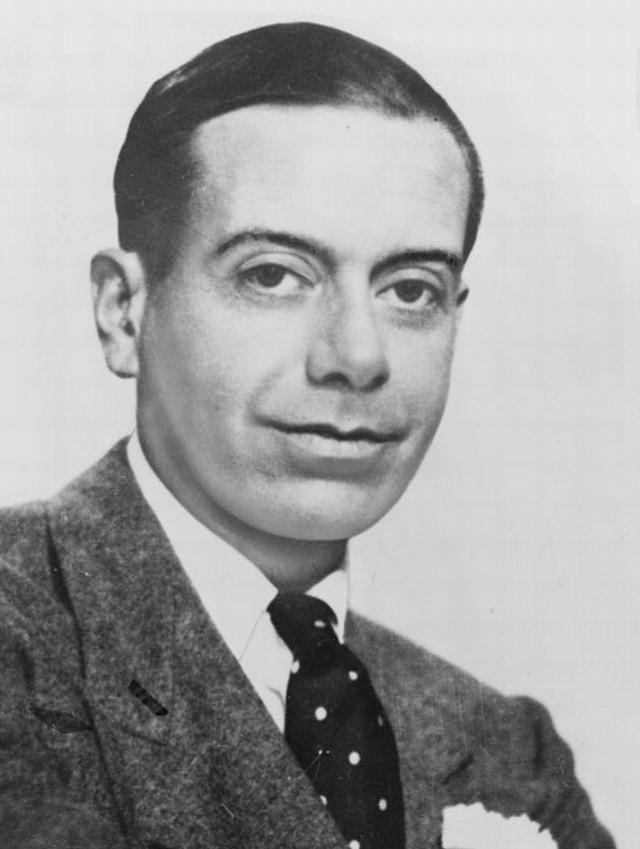
Cole Porter. Photo from Library of Congress.
In contrast to the Jewish lads from Manhattan’s Upper West Side, Porter—a wealthy, Yale-educated Episcopalian born on a farm in Peru, Indiana—had not yet scored with the critics and public. Nevertheless, Porter told Rodgers he had figured out the secret of writing hits. Rodgers leaned over. “I’ll write Jewish tunes,” Porter said. Rodgers laughed, but as time went by he saw Porter’s point. The minor-key melodies of “Night and Day,” “Begin the Beguine,” and “My Heart Belongs to Daddy” were “unmistakably” Jewish. You didn’t have to be Jewish to write Jewish songs; you just needed an ear for it. And the success of these “Jewish tunes” showed that if Jewish songwriters had fallen for America, American listeners responded with open arms and dancing feet.
Listen to the music featured in this exhibit
The American songbook is “Jewish” in the broad sense that it favors the minor key, bent notes, altered chords. Commentators speak of a jazzy edge, a bluesy darkness. Even happy songs sound a little mournful. Sweetness mixes with sadness, a plaintive undertow emerges, and you feel the melancholy of future loss in the very instant of present happiness. A Hebrew prayer could generate a jazz melody. The opening chords of George Gershwin’s “It Ain’t Necessarily So” come straight from a benediction over the Torah.
Gershwin: I ain’t got no shame & It ain’t necessarily so, Musa Ngqungwana, Cape Town Chorus
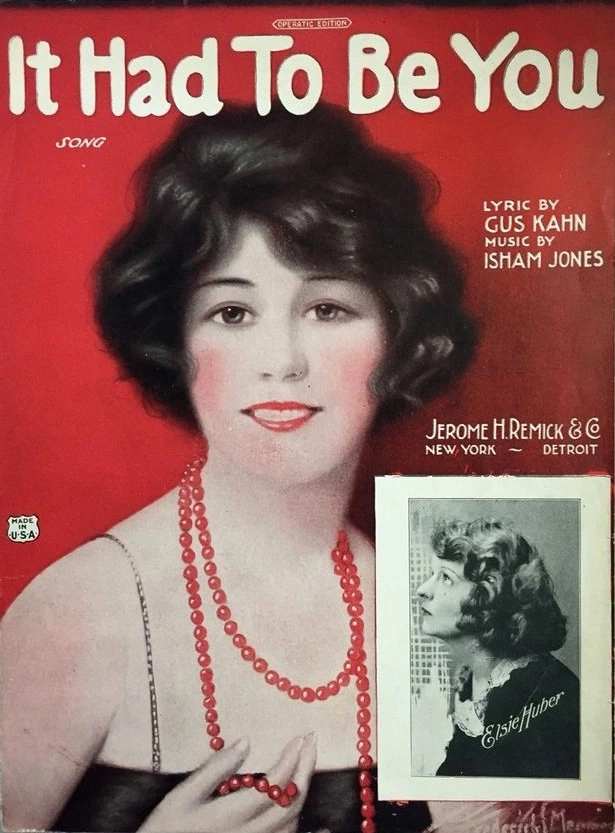
A “Jewish” lyric may hedge its bets. Gus Kahn’s lyric for “It Had to Be You,” among the most cherished of love songs, sneaks in a line—“With all your faults I love you still”—that affirms the singer’s love but also insists that there are faults to be overlooked. The lyricists were masters of the mixed mood. They could sound “glad to be unhappy” (Lorenz Hart) or “gay in a melancholy way” (Oscar Hammerstein). If romance rests in the longing rather than the having, there is no purer expression of yearning than the Gershwins’ “Someone To Watch Over Me” (music by George, words by Ira), which wards off self-pity with melodious charm and cunning rhymes. The object of the singer’s dreams “may not be the man some girls think of as handsome,” yet she pines for him all the same.
Above almost all else, the lyricists valued wit—whether jubilant or downhearted, buoyant or wryly ironic, or somehow all of these at once, as in Leo Robin’s lyric for “Love Is Just Around the Corner” (music by Lewis E. Gensler). “I’m a sentimental mourner, / And I couldn’t be forlorner.” Robin compares his beloved favorably to the statue of the Venus de Milo at the Louvre Museum. You’re “cuter,” he says. “And what’s more you got arms.”
The prize for pithiest plot summary of a canonical work goes to Howard Dietz for “That’s Entertainment” (music by Arthur Schwartz). When a “ghost and a prince meet, / And everyone ends in mincemeat,” you have Hamlet in a couplet.
About A Fine Romance
Recognizing that music and the arts have a unique power to build bridges and heal the human spirit, there is no better time to celebrate the contributions that immigrants from so many lands and cultures have made to American life. The Great American Songbook Foundation is proud to present this exhibition, A Fine Romance: Jewish Songwriters, American Songs, 1910-1965, curated by David Lehman and developed by Nextbook Inc. and the American Library Association Public Programs Office.



